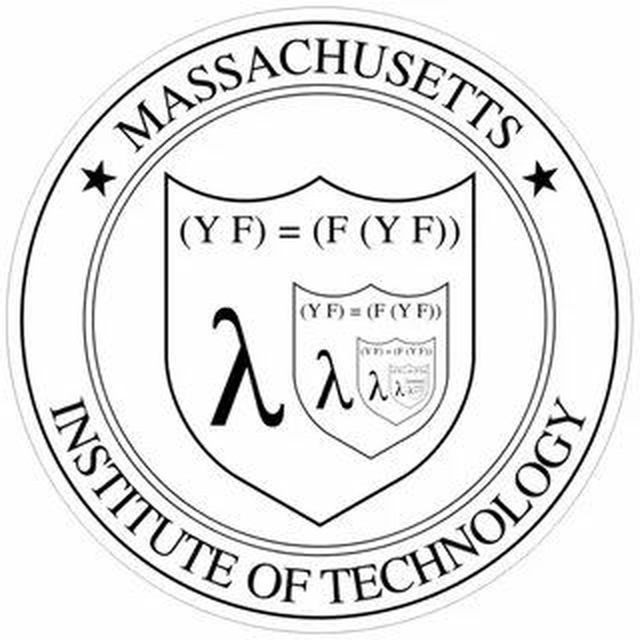SA
Size: a a a
2020 September 06
тогда ок
SA
If you define a language that has car, cdr, cons, quote, cond, atom, eq, and a notation for functions expressed as lists, then you can build all the rest of Lisp out of it.
SA
булщит
SA
Macros (in the Lisp sense) are still, as far as I know, unique to Lisp. This is partly because in order to have macros you probably have to make your language look as strange as Lisp. It may also be because if you do add that final increment of power, you can no longer claim to have invented a new language, but only a new dialect of Lisp.
SA
еще больше бреда
SA
ну СТОЛЬКО вещей нельзя сделать макросами
SA
что я хз
SA
даже перечислять все лень но что называется
SA
придуайте свои 5)
SA
потом он пишет
В 2002 году!
эссе
В котором рассказывает как ужасно сложно написать на другом языке функцию
которая возвращает инкрементирующий клож
В 2002 году!
эссе
В котором рассказывает как ужасно сложно написать на другом языке функцию
которая возвращает инкрементирующий клож
SA
это притом что хаскель уже существовал то да
PG
так и здесь, на ахуенный лэнг-дизайн смотрят как на секту сатанистов и отношение такое же
SA
в том же разделе он параллельно наезжает на жабу за то что у нее в стандарте нет бигнамов...
SA
вууут
SA
потом говорит про войну перла с питоном
(чееее)
(чееее)
SA
короче
SA
ленинские агитки и то умнее
PG
в том же разделе он параллельно наезжает на жабу за то что у нее в стандарте нет бигнамов...
Добавили
SA
да это НАХУЙ вообще ни при чем
SA
он написал на жабе такой код и типа




